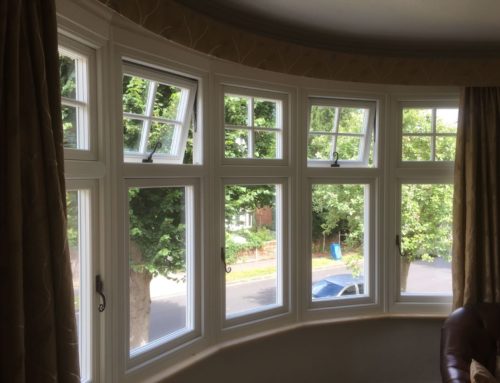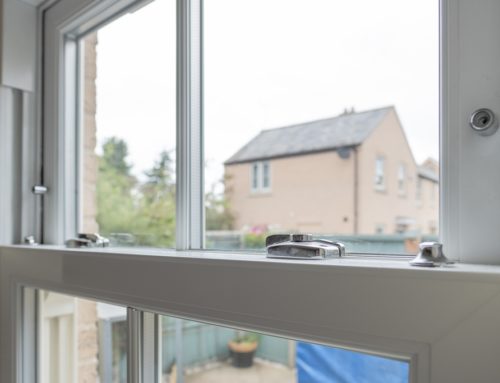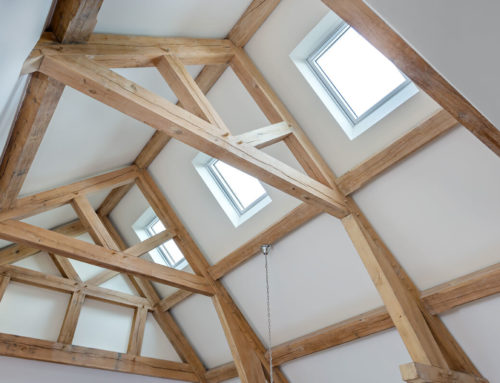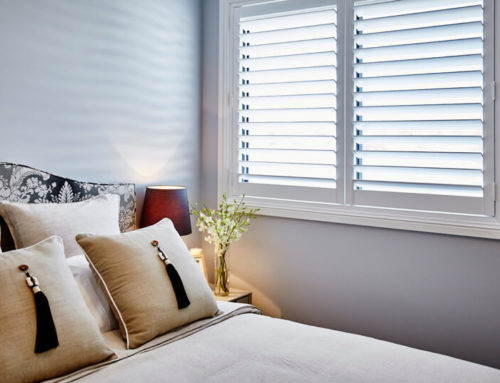
Taking care of your double glazing is child’s play
Modern double glazing is often marketed as being ‘maintenance free’, and we certainly stand by that claim in the majority of cases. There’s a big difference between uPVC windows and old-fashioned timber that had to be continually repainted and checked for rot.
If you want your glazing to last a lifetime, there’s a simple checklist you can run through. Maintenance doesn’t take long, but it can help you to spot problems and lessen the cost of repairs over the lifetime of your windows.
1 Washing your windows and frames
Let’s get the most obvious one out of the way first. Washing windows and essential, and uPVC is not exempt from needing a clean. The best thing to do is set up a regular window cleaning appointment, and have your windows and doors cleaned once a month.
Window cleaning helps to keep the parts moving freely, and it ensures dirt doesn’t build up on the glass or frames. The longer you leave windows between cleans, there more chances that dirt will stick like cement, meaning you could potentially damage the windows when you try to remove it.
If you have self-cleaning glass, only clean the windows with detergents approved by the manufacturer.
2 Inspecting the locks and hinges
The locks in our windows are designed to last as long as the windows themselves. Every so often, it’s wise to unlock and open each window to check that the lock is in good order.
Keys should always be stored near to the windows so you can open them in a fire, and the windows themselves should move smoothly without sticking or juddering.
3 Beware of damp and condensation
It’s normal to have a small amount of condensation on your windows in winter. It’s a natural result of warm air meeting cold. But if you see large amounts of condensation running down the panes, this could be a sign that something is wrong with your double or triple glazing.
Look out for any signs of damp around the window, too, including mould on the walls or on the frame. While this mould won’t harm many people, it can cause allergies to flare up, if you’re sensitive to spores.
Make sure you wipe your windows each morning to keep moisture at bay, and consider running a dehumidifier. When possible (and safe), open the window slightly to ventilate the room, or have trickle vents fitted to the windows.
4 Vacuum tracks and rails
If you have any kind of sliding window, keep tracks and runners free from grit. The easiest way to do this is to use the hose from your vacuum cleaner, and run it around the window while it’s open.
This is also an essential technique if you have bifold doors, since any particles in the track can cause the doors to stick, twist or leave their runners completely.
5 Beware doors that stick
A sticking door is the sign of a serious problem. We frequently see old timber doors that the occupants are struggling to shift. As timber ages, it starts to hold water, and this can eventually cause the door to expand in the frame.
Sticking doors are a nuisance, and they can be noisy. Pulling a stuck door open can also be dangerous, and a door that doesn’t fit may not lock properly. Have your door replaced with an inexpensive uPVC door, or upgrade to the insulating properties of a composite door instead.






